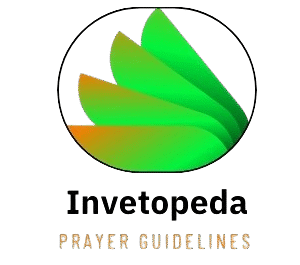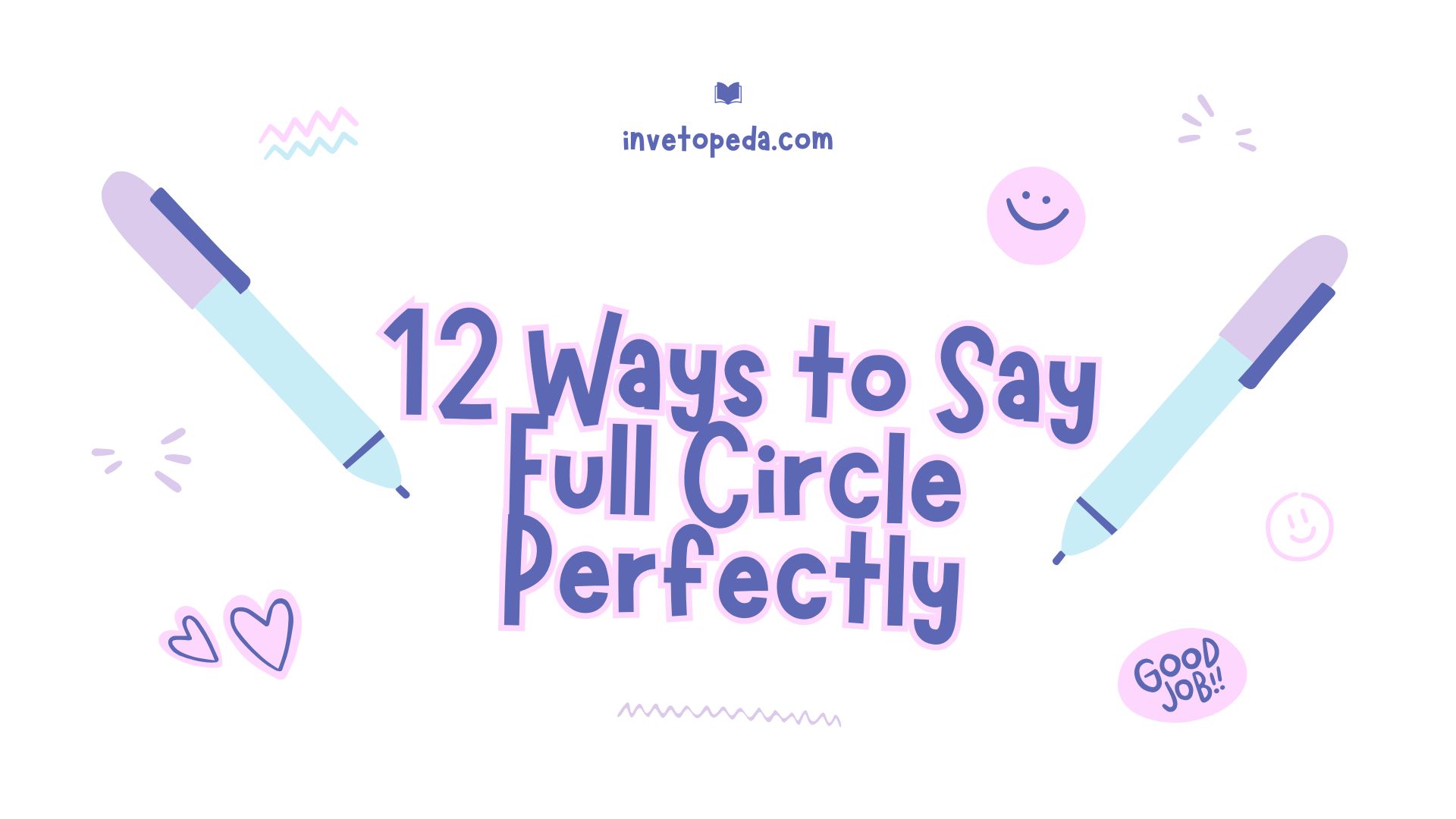The term “full circle” is a profound symbol. It refers to situations where an individual, story or concept is returned to its initial state or point of origin, usually with more understanding or transformation. No matter, if you’re a student, speaker, or a language enthusiast, understanding how to communicate this idea with different styles, will help you express yourself effectively and with greater creativity.
In this article we’ll look at 12 intriguing alternative ways for a “full circle,” each described in a real-world context with a lengthy section to help you understand. The words you choose to use will enhance your communication in colour, be vibrant, and be more emotionally meaningful.
1. Back to Square One
If someone puts their effort in, however, they end up back at starting over, and they’re back at the beginning. The phrase evokes the idea of a circle, comparable to a full circle but without a hint of disappointment or the possibility of a setback. It is often used to describe how situations or projects may recur even after putting in the exertion. Try a different method but are faced with unanticipated results, but then you return to the first plan that nothing has changed, yet you’ve learned something important during the course. The process of learning concludes the complete circle and shows growth by repeated practice.
2. Come Around
“Come around” refers to an alteration in mind and attitude or a belief that brings someone back to an earlier thought or viewpoint. If people change their perspective or acknowledge something they have earlier rejected, it is a complete circle of thoughts. This expression has a soft emotional sound, which is often utilized in intimate relationships or on personal travels. In the case of a person who had initially resisted therapy could then embrace it after realizing its benefits. It’s been a while since they’ve changed their minds, returning to where they began, but in a more mature manner.
3. History Repeats Itself
This phrase is particularly appropriate for times when the cycles of society or policies reflect previous mistakes. “History repeats itself” is an esoteric and scientific approach to describe the world as it is coming full circle. Economic trends and leadership or even social movements and events often reflect on the previous. Similar outcomes arising out of similar circumstances underscore the nature of loops in behaviour and time, emphasizing the significance of a complete circle within a larger perspective of culture.
4. Back Where It Started
Simply and profoundly, this word is a reference to returning to the roots of one’s life. A person who has travelled, explored then returned to home is now a complete circle physically and emotionally ways. It could be a symbol of the journey of identity, meaning or even the realization of self. The concept isn’t just about place but rather about finding the meaning of something that was once routine. Returning to the place where it began can help people look at the past with fresh eyes, demonstrating the transformational loop that is the complete circle of experience.
5. What Goes Around Comes Around
Karma is deeply connected to it, this concept suggests that the actions will always be returned to the individual who created these actions. The moral cycle is either good or not and is a different variant of the complete circle idea. Someone who behaves badly may one day be faced with the same kind of treatment. The notion of justice being brought full circle makes the expression widely used in everyday and spiritual terms. This reminds us of how our decisions often swing around to complete moral or emotional loops in our lives.
6. Back in the Loop
When a person reengages in the process following a break from the loop, when it comes to collaborative and professional environments it could be the person has returned to participation or control, thus completing the complete circle of involvement. If it’s a former employee or revisited project, returning “back in the loop” signifies that things are happening once more, creating the possibility of a fresh start from a previously established location.
7. Full Cycle
One of the more real-world synonyms for “full circle” is “full cycle”, which is frequently used in corporate or technical settings. It refers to a sequence of events that begins, evolves then loops back to the start. If you’re talking about the launch of a new product, the process of recruiting, or an experience for users, when the stages have been completed, and you’re back at the beginning point, and the process is complete, you’ve completed it. This term is well-suited to formal writing, where the focus is on renewal and completion.
8. Coming Full Turn
A subtle variation of “full circle,” this expression evokes motion. “Full turn” suggests action or movement as well as evolution. It could refer to someone’s professional advancement, emotional healing or even personal experience. In the case of an example, if one is an intern and then returns after a few years as the company’s director, they’ve taken a full round. This isn’t obvious, yet effective, demonstrating that the process wasn’t a passive one but a dynamic one that led to personal growth over time.
9. Return Journey
The expression “return journey” is a poetic and emotional term used to express returning to a full circle. This phrase has personal significance. It doesn’t matter if it’s literal or metaphorical. Returning journeys show the transformation that took place. However, it led to homecoming. Individuals may leave to find their selves, only to discover that the core of their identity was always there waiting for them. This powerful loop mirrors the whole-circle concept deeply and profoundly.
10. Round Trip
The term is often employed in the context of travel “round trip” can also represent life’s cycles. It is a reference to leaving and coming back, typically unchanging with regard to direction but expanding in thinking. As an example, a person could quit their religion early in adulthood, only to return to it later on in the course of their life. This round trip isn’t only in terms of distance but also about rediscovering. This particular version of the complete circle has subtle emotional and spiritual significance and is a simple, easy-to-understand sound.
11. Circle Completed
The emotional depth of “circle completed” is perfect to bring closure especially when it comes to relationships or longer-term targets. This means that something important is over but with immense satisfaction. As an example, granting your children the exact knowledge that your parents taught you is the circle of family. When we are in these times, we do not just go to a complete circle and close the section that had been in the process of being completed. This is about honouring the cycle that extends across years or generations.
12. The Loop of Life
This expression demonstrates the way that life’s events can be a recurrence of familiar locations and emotions or lessons. “The Loop of Life” highlights that life is a continuous series of events and cycles, frequently leading us back to where we left off, only to be wiser and better. It embodies the idea of going fully circle in a wide, philosophical manner that’s appealing and relevant.
Final Thoughts: How Language Itself Comes Full Circle
Knowing the various ways of saying “full circle” increases not only the vocabulary of your mind but also the range of your emotions and expressions. Each synonym is unique and has its style of expression. Some are introspective, while others are functional; others are appropriate for formal writing, while others are at ease in a conversation. However, all help to explain the universal truth that the world of thought, existence as well as experience can be connected. From healing your soul to professional development, all the way from ancient times to modern-day routines, it all comes in full circle.
Language is so beautiful. The way we talk about it adheres to the same rules. It starts with a single word, but then we learn more alternatives until we eventually get back to the phrase that is the most appropriate, having grown on as we go along.

